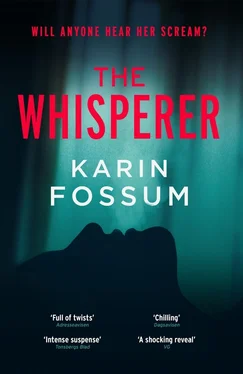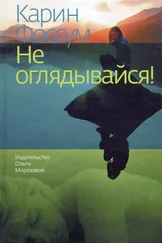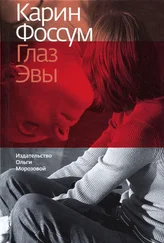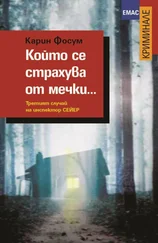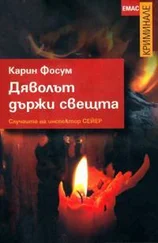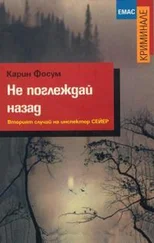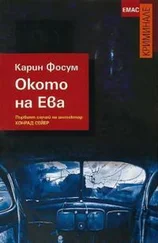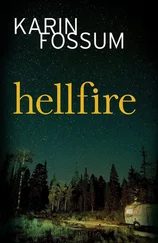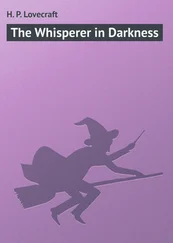‘You’re going back in, aren’t you?’ she whispered.
There was only the two of them, together in the dark and the snow. No one could hear them out there.
‘Guess I have to play the game,’ Gunnhild said. ‘I’ve got no excuse. No one asks why you’re going home early. If it was me, they’d have me up against the wall demanding an explanation.’
Gunnhild had had a few beers and was confiding in her more than usual.
A number of uncomfortable questions raced through Ragna’s mind. What if Gunnhild was actually deeply unhappy, what if her husband no longer loved her, what if she was suffering from a fatal or painful illness that was not visible, MS or arthritis or something else? I spend so much time trying to keep people at a distance that I don’t actually see them, she had to admit.
‘It’s your choice,’ she said. ‘If you do actually want to go home.’
‘There’s rules you have to follow,’ Gunnhild said. ‘It’s a game. You’ve got your moves, I’ve got mine. We’ve got another round to go in there.’
Then she said nothing more. She turned round and looked at the old building, as though fascinated all of a sudden, as though she had never seen it before. When the taxi pulled up, Gunnhild opened the door and helped Ragna in, making sure her coat did not get caught in the door. She looked at the driver and said, ‘Kirkelina 7, please,’ so Ragna did not have to tell him. Ragna watched Gunnhild out of the side window for a long time, saw the white hand waving. Followed her with her eyes when she turned and went in again. She had hoped that Irfan would come and collect her, but the driver was an older man with a red turban. Her head was singing with all the beer. My moves, Gunnhild had said. And your moves. The game between people, the assumptions. On the inside. On the outside. It was still snowing heavily. The snow was on her side. If anyone had walked the forty-eight steps up to her door while she was at the pub, she would see the tracks. She wanted to lean forward between the seats and ask the driver with the red turban, who was no doubt from India, why he had willingly left the sun and warmth and that exotic beauty, to come and live in this cold town. She could tell him that she wished she had a beautiful, wine-red turban like his because her hair was so awful. No doubt he had long black hair that reached halfway down his back and did not need to hide it at all. But she said nothing. Something small tickled her cheek. It was winter, surely she did not have to swat away a fly. She pulled off her glove and felt her cheek. Maybe it was a little beastie that had got under her skin, a sand flea or something. And the sand flea would penetrate deeper and deeper and infect her, leaving an open wound that would weep and ache. The driver spoke to her, but she could not hear. And if she answered him, he would not be able to hear her. It was best just to keep quiet. She imagined that he had said something beautiful about the snow.
Not so much as a cat had been there. She was the only one to leave tracks, and when she turned and looked at her own footsteps she felt visible again after the hours in the pub, when they had forgotten her because she was quiet. Her footsteps were clear in the light from the street lamp, the characteristic zigzag pattern of the soles. There was something recognisable about them, she thought. Whoever was following her would notice. Then he would see her tracks everywhere, find her anywhere. The snow was no longer on her side. It fell silently and steadily, but it would betray her.
It’s not a sand flea, she thought, when she was sitting in the armchair by the reading light, and her cheek was still tickling, like someone was stroking the right side of her face with a feather. It also felt warmer than the left side. She had drunk a beer and was a little tipsy, but whatever it was needed closer investigation. It certainly didn’t feel like a caress, more like a strange and unsettling irritation. She went to the bathroom and positioned herself squarely in front of the mirror, then leaned in closer, despite Walther Eriksson’s insistence that she should be wary of her own critical eye. She stared at herself now, her face close to the glass, and immediately saw something that had not been there before. It looked like a small white worm. And it was crawling out through her skin. She stepped back in horror, but then leaned forward again, she was not mistaken. Only she realised it was not crawling, or creeping, in fact, it was not alive at all, it was just a piece of thread. She managed to get hold of it with her index finger and thumb, but then lost it time and again, as it was slippery like spaghetti. But she persisted and eventually caught it between her nails and with wide eyes started to pull. The hole was no bigger than a pinhead to begin with, but as she pulled at the thread it got bigger, she could not stop what she was doing, she was completely absorbed by what she saw in the mirror, no longer aware of the room around her, it was just her and the white thread. The hole slowly grew, to the size of a corn kernel, then a grape, then a plum, the thread got longer and longer, there was no end to it. Of course she had to keep on pulling until the thread came out, if that was midnight or the next morning. After a while, the thread started to curl, she noticed, it reminded her of unravelled wool. Her mother had often knitted new things from old garments, and she let Ragna unravel them. Her face was unravelling like an old sweater. She could see the red muscle tissue underneath. She could also see some of the white sinews and a thin layer of yellow fat. She was disintegrating. The long white thread gathered in the sink like a big nest of pasta. If I carry on pulling the thread, Ragna thought, I’ll get down to the bones, and soon there will only be my skeleton left. What’s the point of saving it anyway? Even Rikard Josef has disappeared, is there anyone other than me who asks about him? Does he even exist?
She let her arms drop. There was no thread left. The hole was now so big that she could put her fist in it. She went and lay on the bed as though someone had laid out her body. She had not taken any sleeping pills, turned off the lights or opened the window. She stayed there until morning, staring at the ceiling. She noted every single crack in the old wood, and a considerable amount of fly shit that she had never bothered to wash off. She got up at half past six and then remembered it was Sunday. Lots of people would be happy about that, like Irfan or the Sois or Olaf. She personally thought that Sundays were dead days, to her they were like a dirty room with sharp lighting. Everything was slow, both outside and inside her body. There was not much traffic on Kirkelina, people were outdoors doing different things. She found her clothes in the bathroom, but avoided the mirror, did not dare to see if the hole was still there, if her bones were still shining through the red mass. I can’t look, it’s not true, she thought, and snuck out again. In the living room, she realised that the windows were actually rather dirty and the light in the room was grey. She had not noticed it before. She looked down to the road, which was empty. She went to the kitchen window, looked up to the church spire. It was still dark in the Sois’ house. She imagined them all sleeping together, curled up like puppies in a box. She still did not dare to touch her cheek, but hoped that the hole had healed in the course of the night. She pulled some faces to test it, reasoning that she would feel it if there was still an open wound. She felt nothing. She remembered it was advent, a time of expectation. She had not yet lit the purple candles from the shop, they were still in a drawer. She wondered who had moved into the flat in Landsberger Allee. People do not just disappear. She could not understand it.
Читать дальше
